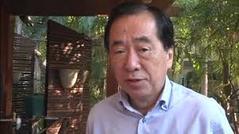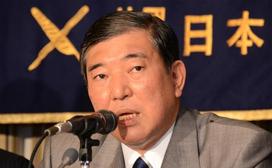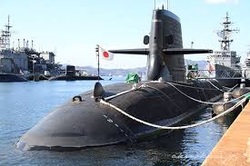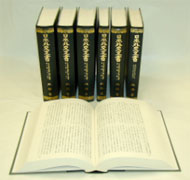 Source: www.tbs.co.jp
Source: www.tbs.co.jp From his description of the events that took place after the earthquake, tsunami, and power plant meltdown of 3.11, Kan emphasised that although he was in the most powerful position of any one citizen in the country, Tōden (re: Tepco)’s intransience, coupled with the government’s own handling of the crisis, made it almost impossible for him to make pre-emptive decisions. Although Kan did not admit to any failings on his part (which is not unusual, given his status as a politician), he did admit that the government, his government, and those before him had erred in putting far too much trust in the regulation of the nuclear industry, and was something that he regretted.
In the Q&A that followed, one particularly interesting question was raised regarding NHK’s coverage of the disaster as it unfolded. While international news organisations were able to obtain live feed of the Fukushima Daiichi nuclear power plant, which was crucial when an internal hydrogen explosion blew the roof off Reactor No.2, NHK continued to rely on delayed feed. Moreover, commercial networks in Japan continued to reiterate the government’s message that evacuations were only necessary for a radius 80km around the damaged power plant, despite International Atomic Energy Agency advice that an evacuation zone double that of the Japanese zone was necessary. On these points, Kan was more evasive, only reiterating that he had first become aware of the explosion in Reactor No.2 when the footage was broadcast on commercial television. As to whether the government itself instructed NHK not to broadcast live feed lest it spark uncontrolled panic, this remains a mystery.
Kan reiterated his frustration at the activities of pro-nuclear power politicians in the Diet who, in conjunction with the nuclear power industry, have been manoeuvring to ensure that only pro-nuclear candidates are elected to the federal stage. While it might have been beneficial for the audience to learn the identity of these politicians and which party they represent, Kan did not delve any further into this area, only bringing it to the audience’s attention before moving on to discuss the benefits of renewable energies. This was an opportunity missed, I think, and perhaps Kan could have also brought up the question of whether Japan could in fact sustain itself on renewable energies and whether the crisis in energy supply was exaggerated following the 3.11 disaster to justify arguments in favour of restarting nuclear power plants.
While Kan did reveal the extent of the government’s concern over the Fukushima Daiichi nuclear power plant, he did not question the role of his cabinet in the crisis, merely describing how information was (or wasn’t) received in the cabinet room. Before the Q&A, the audience was told to limit its questions to those of Fukushima and renewable energies, hence clearly Kan was not going to question his DPJ colleagues over their judgment nor provide any further details about how he would resist the Abe government’s move to restore nuclear power to Japan. This was disappointing, for with the benefit of distance Kan could have opened up further about the nuclear debate in the Diet and the tactics being employed by either side.
While certainly not revealing anything new about the state of nuclear energy in Japan, the lecture was at least a way to bring the subject of nuclear power to the attention of an Australian audience. Really, the only message that the lecture conveyed was that Australia should refrain from providing uranium to other states. As the audience appeared to mostly be made up of students, retirees, academics, with the odd public servant or two, it is safe to say that Kan’s message won’t influence the current Australian government’s position towards uranium exports (which should become even more topical after PM Tony Abbott’s visit to India next week) but it provided a stark reminder of the consequences of complacency and hubris.



 RSS Feed
RSS Feed